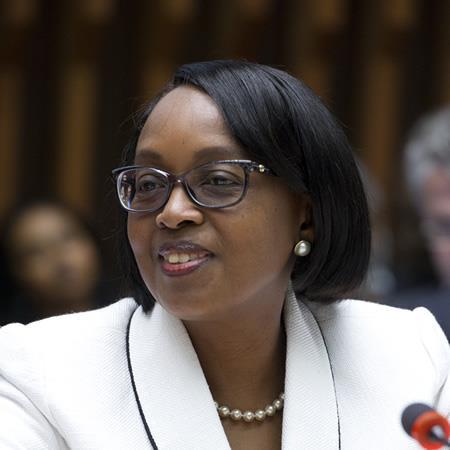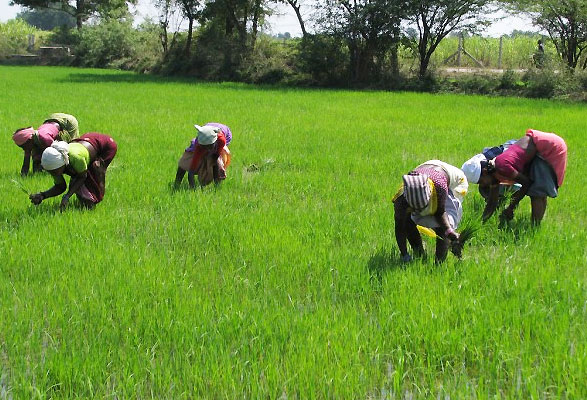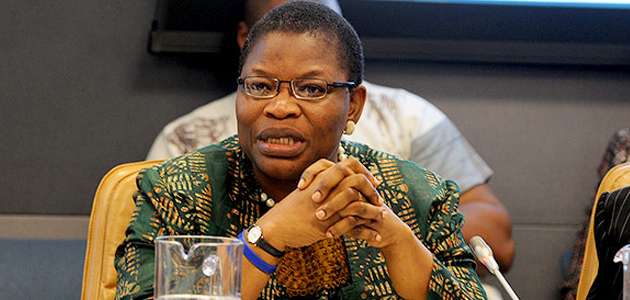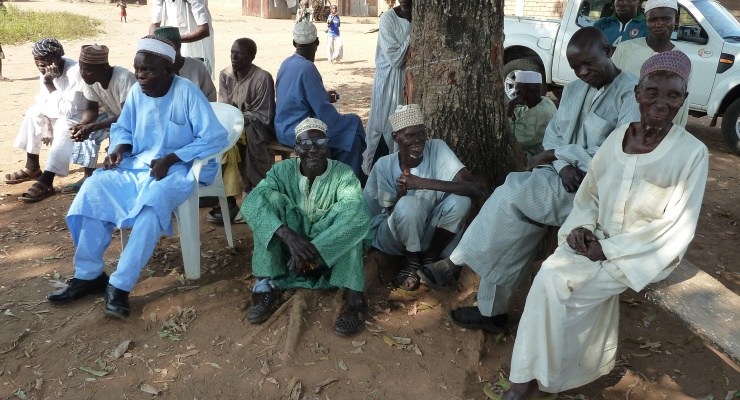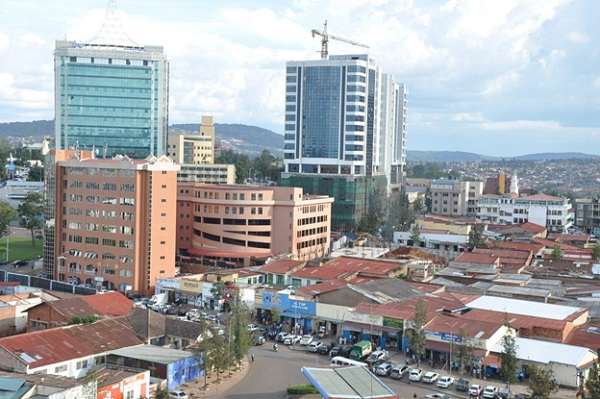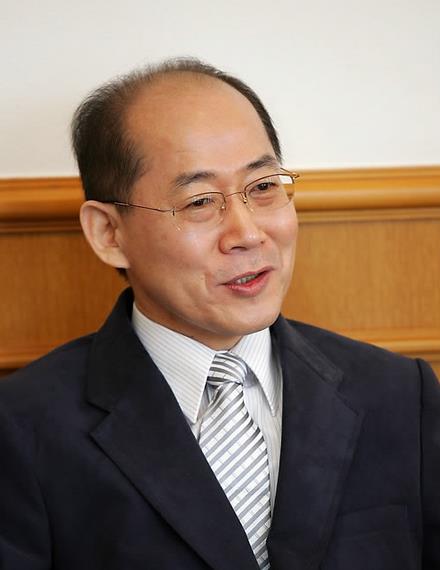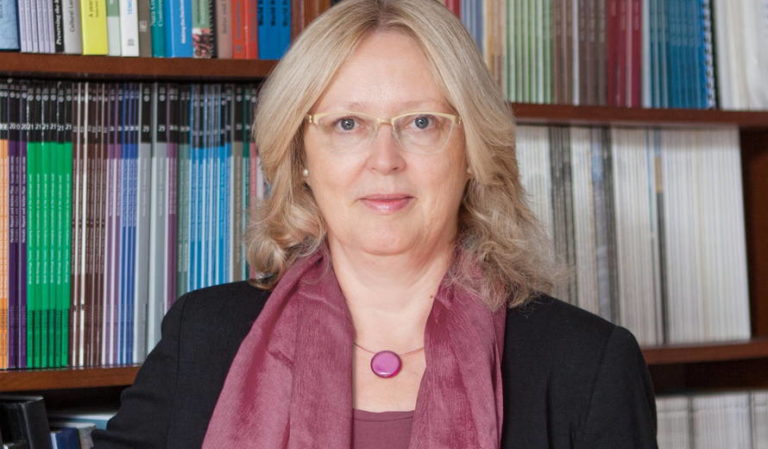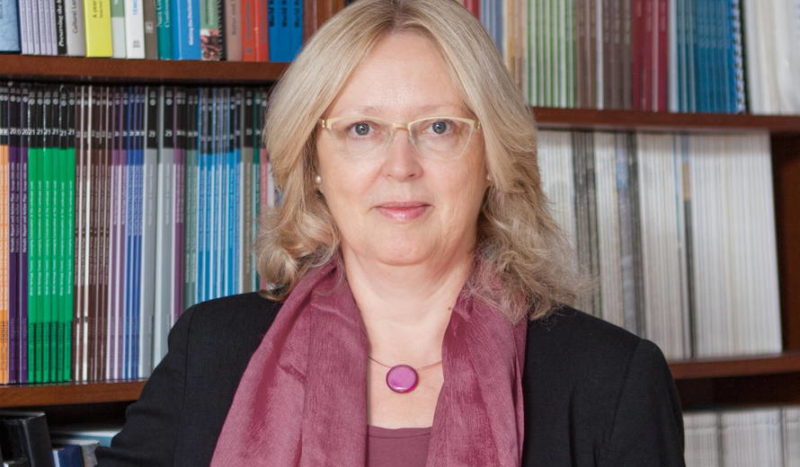The newly renamed Alex Ekwueme Federal University, Ndufu Alike Ikwo (AE-FUNAI) in Ebonyi State is to hold a research exhibition where all concluded and preliminary findings of ongoing research works of staff and students would be showcased to the public.
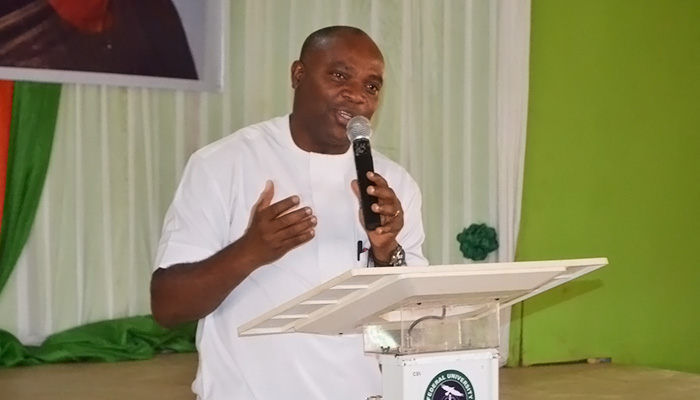
This was made known by the Vice-Chancellor, Professor Chinedum Nwajiuba during the 5th AE-FUNAI Lecture held recently in the university. The university is also to participate in the National Research Expo scheduled for Abuja in March 2018. Consequently, the Vice-Chancellor directed the Director of Research and Development in the University, Professor Onuegbu O. Ugwu, to inform and galvanise all academic staff to be part of these exhibitions.
According to the Vice-Chancellor, the essence of the exhibition is to make research innovative and production-driven in the institution, not just a mere academic exercise used to gain promotion. He further decried the poor research attitude of many Nigerian academics, who he noted were mainly interested in money and enjoined them to take research seriously in order make the country productive and self-reliant.
Meanwhile, Abakaliki rice and yam have been declared the official food of the university. This was also part of the decisions made by the Vice Chancellor at the 5th AE-FUNAI lecture.
Consequently, he has directed that all food to be cooked and sold in the university during such events like matriculations, convocations and the likes be strictly local products from Abakaliki, the host town of the university. This policy is to come into effect starting from the 6th matriculation ceremony of the university scheduled for 8th February, 2018. The Deans of various faculties, Acting Director of AE-FUNAI Outlook and campus food vendors were ordered to abide by the decision in all their entertainment and cafeteria activities.
Similarly, the Vice-Chancellor has also approved the production of “akwete” in the university. “Akwete” is a local fabric indigenous to the Igbo people of south eastern Nigeria. The establishment of the “akwete” fabric industry in the university would expose its students to entrepreneurial activities in that line of business; create opportunities for both job and additional income for members of the university community as well as drive the local economy to prosperity. On that note the vice-chancellor equally directed the Department of Fine and Applied Arts to ensure the venture takes-off immediately.
The institutions says: “These three executive orders from the vice-chancellor are in direct support of the federal government policies on economic diversification, ease of doing business and local content policy. Its positive spillover effect on the University staff and students, its host community and Ebonyi State in general are enormous and unquantifiable. It will definitely boost the local economy and more importantly promote the clamour for made-in Nigeria goods in this part of the country.
“Therefore, all hands must be on deck to ensure that these objectives are pursued and achieved, making AE-FUNAI a trail blazer among the comity of Nigerian universities in the promotion of economic diversification and local content policies of government.
In a related development, the management of the university has said that the retention of the word “federal” in the new name of the institution, is an honour worthy of celebration.
In a statement issued by the Vice Chancellor, Prof. Chinedum Nwajiuba, and made available to News Agency of Nigerian (NAN), the institution commended the Federal Government for the gesture.
NAN reports that Vice President, Prof. Yemi Osibanjo, pronounced the renaming of the institution on Friday, February 2, 2018 at Oko, Anambra State, during the burial ceremony of the late statesman.
Nwajiuba said that the gesture was a privilege because other Federal Government-owned institutions bearing names of great Nigerians never had the symbolic “federal” ascribed to their names.
“We love the acronym FUNAI and its sound. Our anthem and all our songs remain as we sing them with the infusion of AE-FUNAI.
“Unlike other federal universities named after persons, ours is the only one with the word ‘federal’ retained.
“Ahmadu Bello University (ABU), Obafemi Awolowo University (OAU), Nnamdi Azikiwe University (NAU), among others, are all federal universities, but do not have ‘federal’ in their names,” he said.
He therefore called for understanding among stakeholders over the controversy trailing the renaming of the institution, especially with Ekwueme hailing from Anambra.
“We all should be at peace with this development and be excited if we truly understand it.
“Those who argue that the Federal Polytechnic Oko, Anambra, where Ekwueme hailed from, should be renamed after him are not familiar with protocols and rankings in governance.
“For those who argue that the polytechnic be upgraded to a university and be renamed after Ekwueme, the Federal Government is reluctant to have two federal universities in a state.
“The 12 universities with such simple names as ‘Federal Universities’ are bound to be renamed at some time and if not Ekwueme in the southeast, who is more accomplished?,” he queried.
He noted that with Ekwueme’s iconic status in Igboland and Nigeria, the respect the name would attract to the university had made the renaming more befitting.
He described Ekwueme as an icon who trailed the blaze in academics, business and politics, laying the foundation for the dynamics of modern politics currently experienced in the country.
NAN recalls that Gov. David Umahi of Ebonyi, on Friday welcomed the renaming of the institution after Ekwueme.

